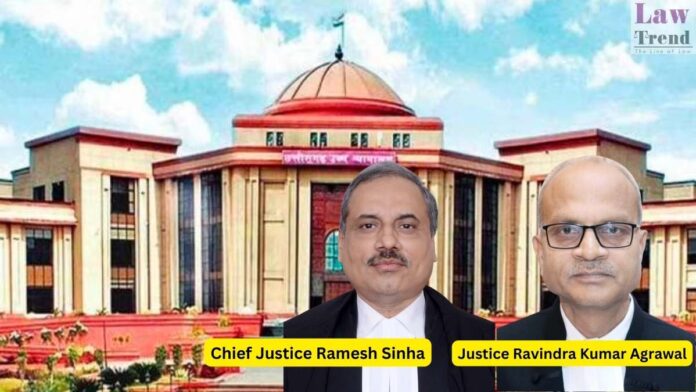In a significant judgment, the Chhattisgarh High Court, comprising Chief Justice Ramesh Sinha and Justice Ravindra Kumar Agrawal, has ruled that the Chhattisgarh School Education Service (Educational and Administrative Cadre) Rules, 2019, cannot exempt the requirement of a Bachelor of Education (B.Ed.) degree for Agriculture teachers in Higher Secondary Schools. The court declared the exemption




